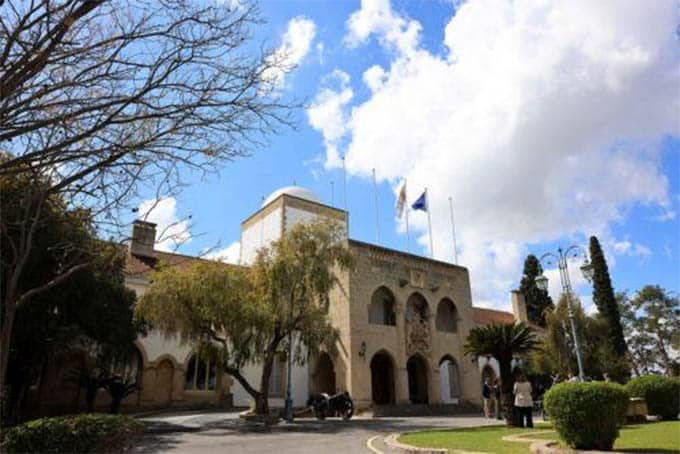After months of prevarication backed by unconvincing arguments, the presidential palace decided to release the names of the people hired on contracts as advisors to the president, ministers and deputy ministers. The total number is 31, having steadily risen in the last few months from the initial 19 – there were 25 advisors in June, 29 in July and are currently 31.
Until Tuesday the presidential palace had refused to release the names of the advisors, providing only the initials of each one in the list that included their pay and academic qualifications. This violated a law it had passed in February that included a specific provision about the disclosure of the names of the advisors. It only gave their initials claiming, quite ludicrously, that full disclosure would have been a violation of personal data protection.
To add to the government’s embarrassment, the commissioner for the protection of personal data protection said there was no problem with publicising the names of the advisors. What made the government eventually come clean was the House institutions committee scheduling a meeting to discuss the issue of the advisors in the first week of September. By releasing the list now, the government would have spared itself criticism for lack of transparency by deputies who may have asked other awkward questions.
The issue of advisors has always been contentious because there was always a suspicion that a president hired so-called advisors/associates as a reward for their support rather than for what they can do for him or ministers. For example, the president has five advisors on contracts when he has countless full-time advisors and associates – director of diplomatic office, director of his press office, director of the president’s office, national security advisor, government spokesman, deputy government spokesman among others. What expertise do another five advisors bring to the presidency?
Interestingly, next to the name of each advisor, apart from the salary, are listed his or her academic qualifications – a university degree is a requirement for all advisors/associates. This is a rather foolish provision in the law as a university degree is no indication of professional expertise or practical experience. This provision was probably included to create the impression there was no favouritism, even though it restricted the president’s and ministers’ choices without eliminating the favouritism that was the main reason for the creation of these advisor/associate posts in the first place.
This is not to say there are no advisors/associates making a positive contribution with their work, but the fact that their number has increased by 60 per cent in the last few months would suggest that the 19 initially employed were not very productive. What other reason can there be for the government to keep on hiring more?
Here’s something worth reading: https://cyprus-mail.com/2024/08/27/list-of-advisers-published-transparency-a-must-spokesman-says/







Click here to change your cookie preferences